Your website serves as your virtual storefront, whether your business operates solely online, offline, or both. Hence, investing in professional web design is a prudent choice.
How much does it cost to build a website for a small business in 2024?
The average cost of building a website for a small business ranges from $1,000 to $48,000. This figure encompasses expenses such as purchasing a domain name, acquiring a website hosting plan, and the design and development of the site. The total cost for creating your business website will vary based on factors such as its size, required features, and complexity.
While you may be aware of the average cost, understanding the breakdown of these expenses is essential. When it comes to small business web design costs, several factors contribute to the overall expenditure. These typically include the following seven factors:

